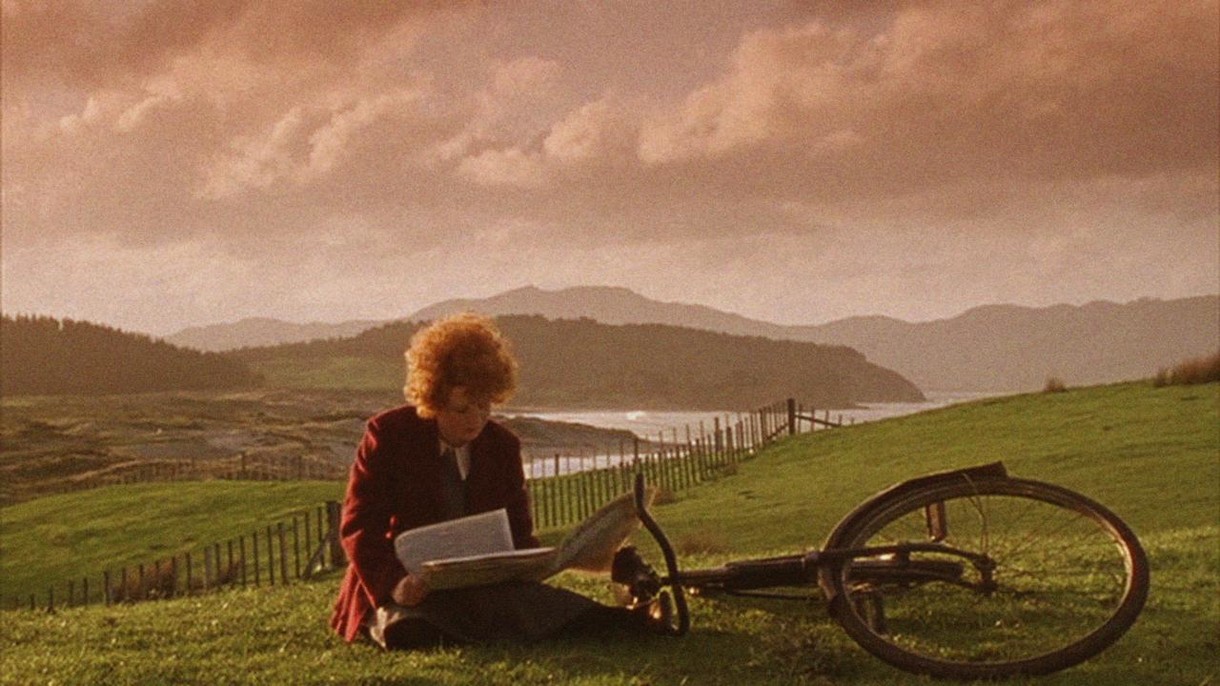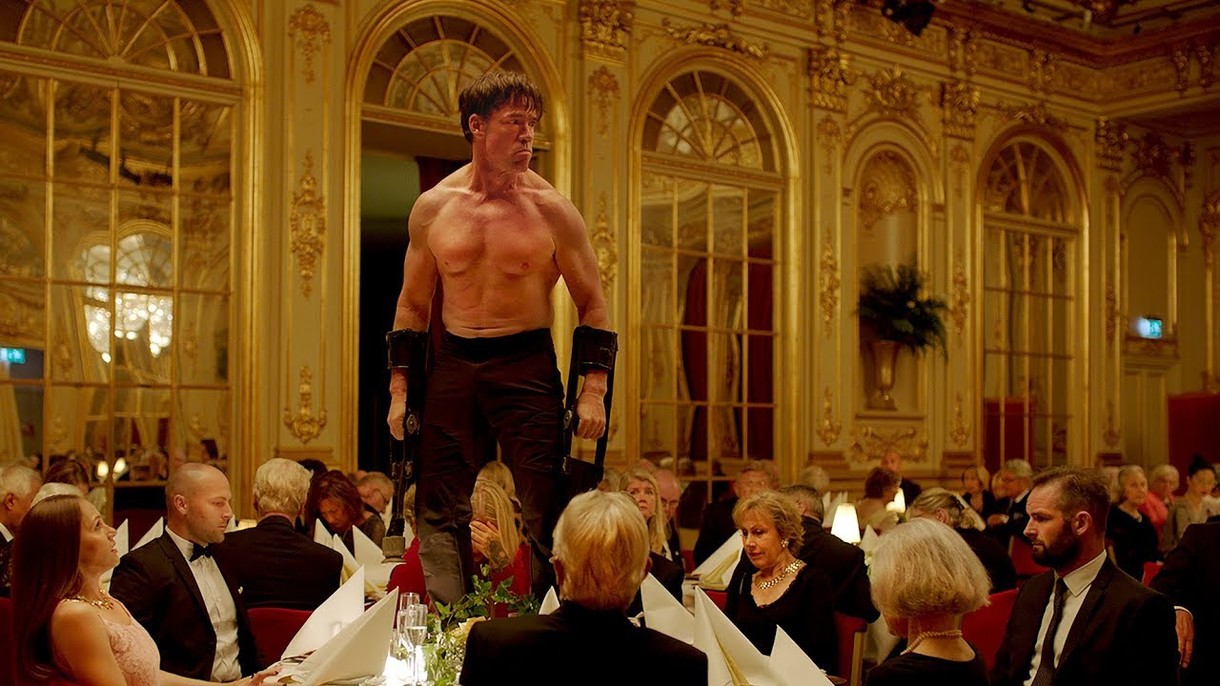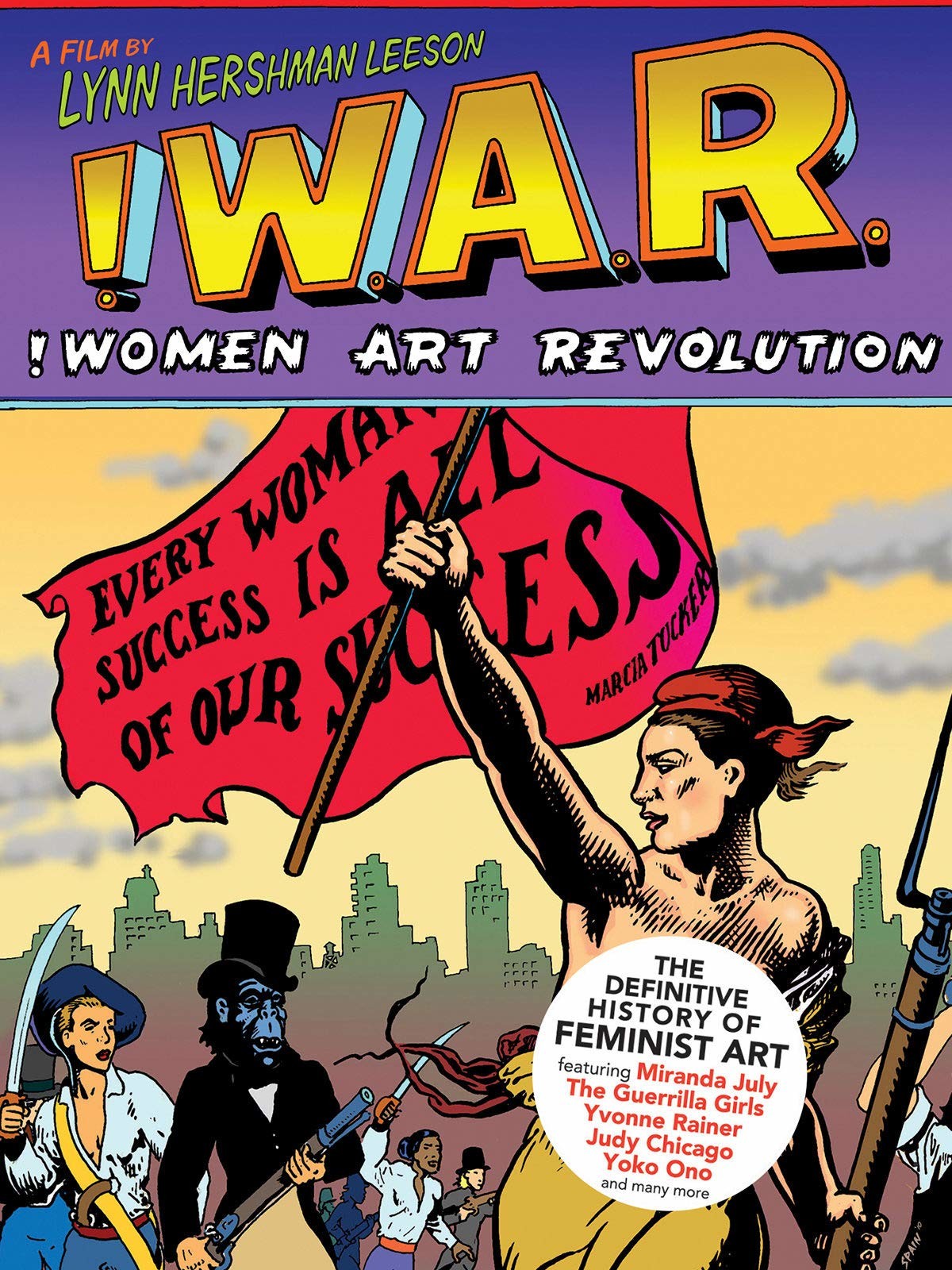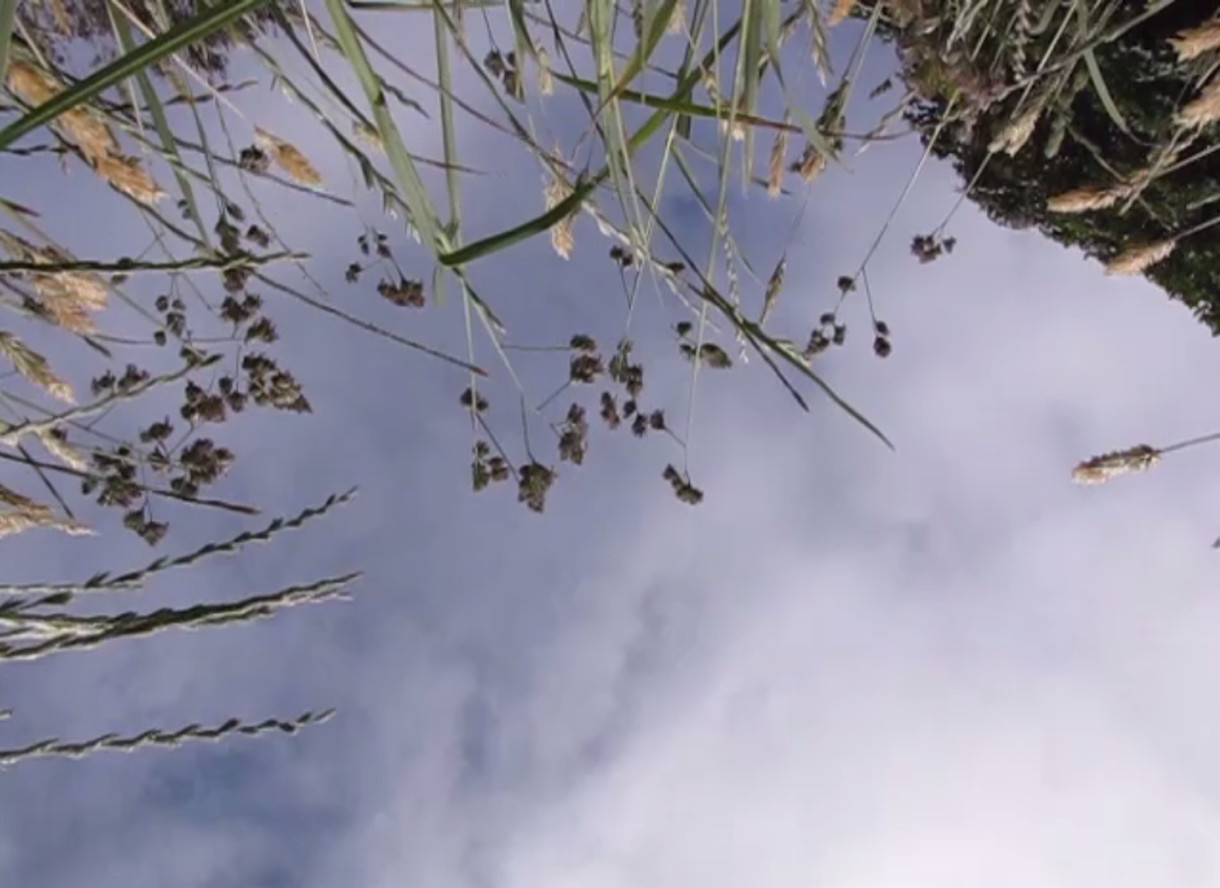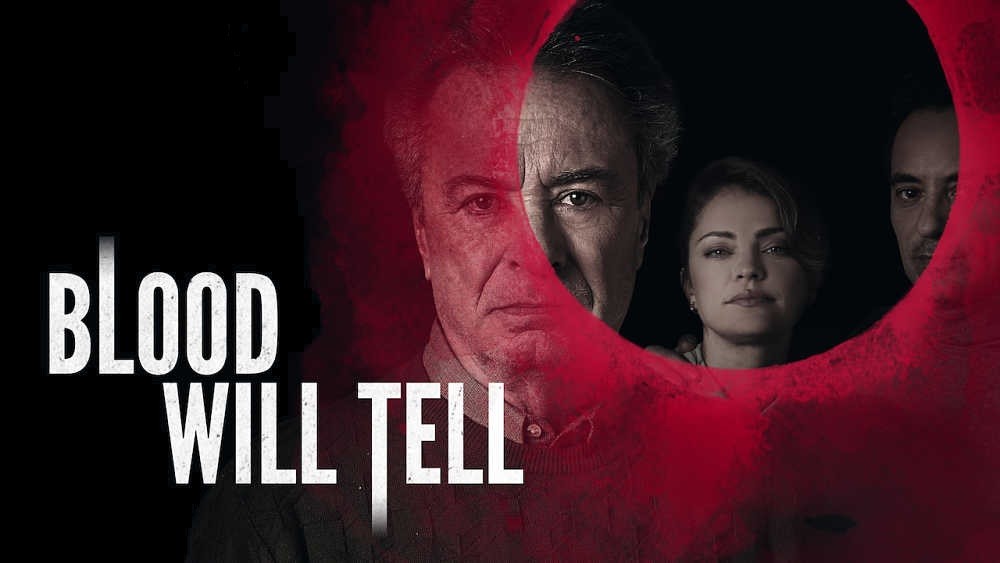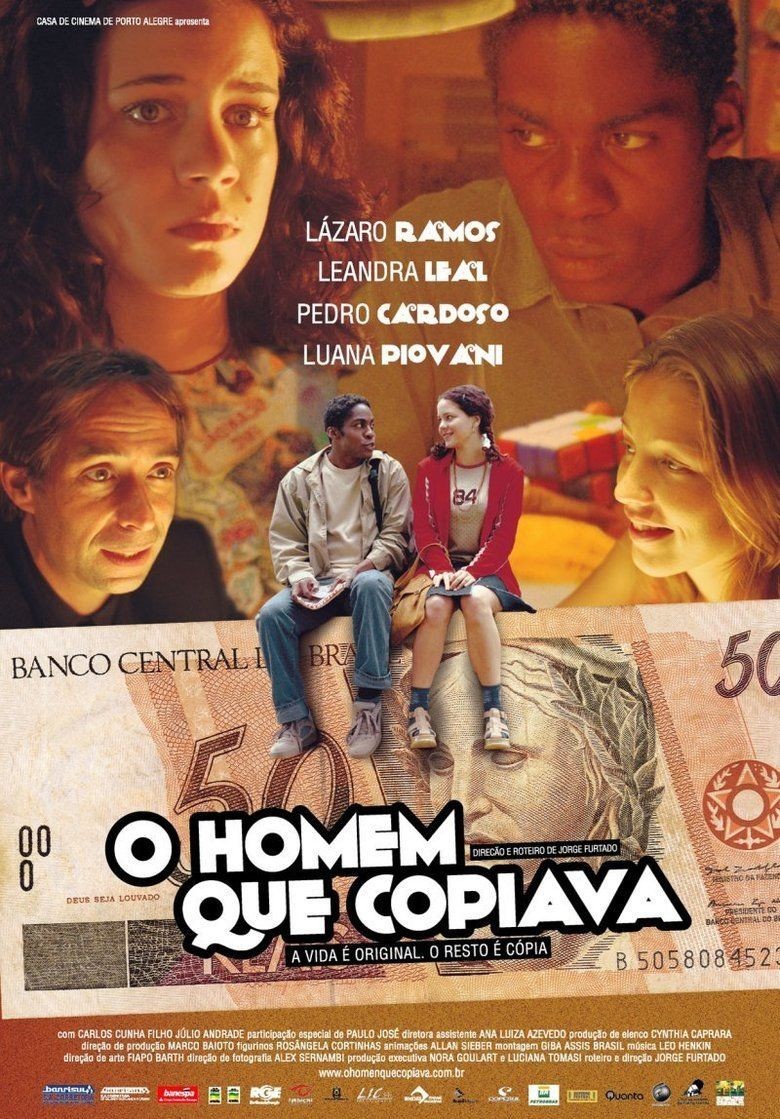Whakaaturaka
Exhibitions
Taiopeka
Events
E Whakaaturia ana Ināianei
On display
On an Unknown Beach and Minginui and Q&A
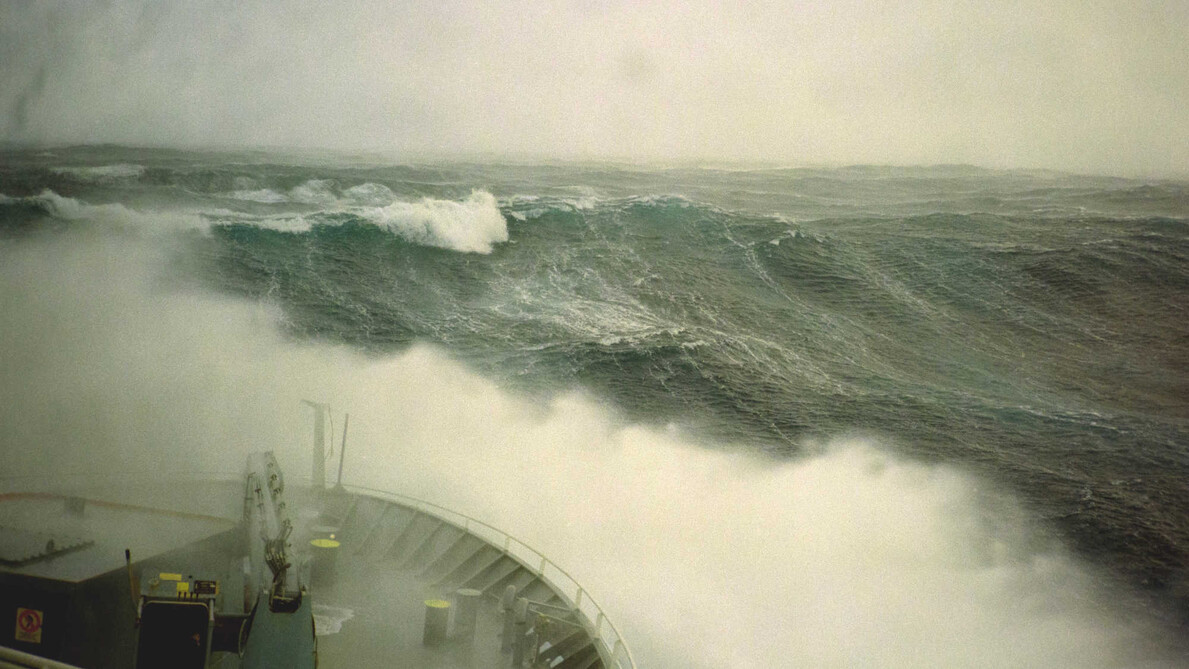
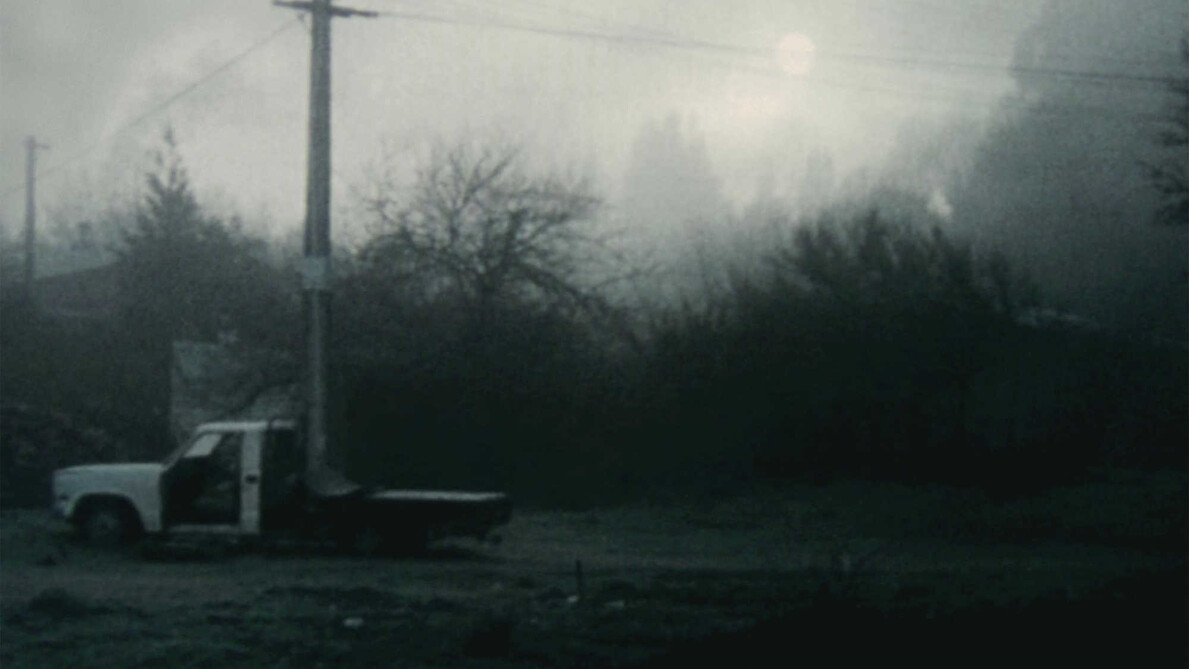
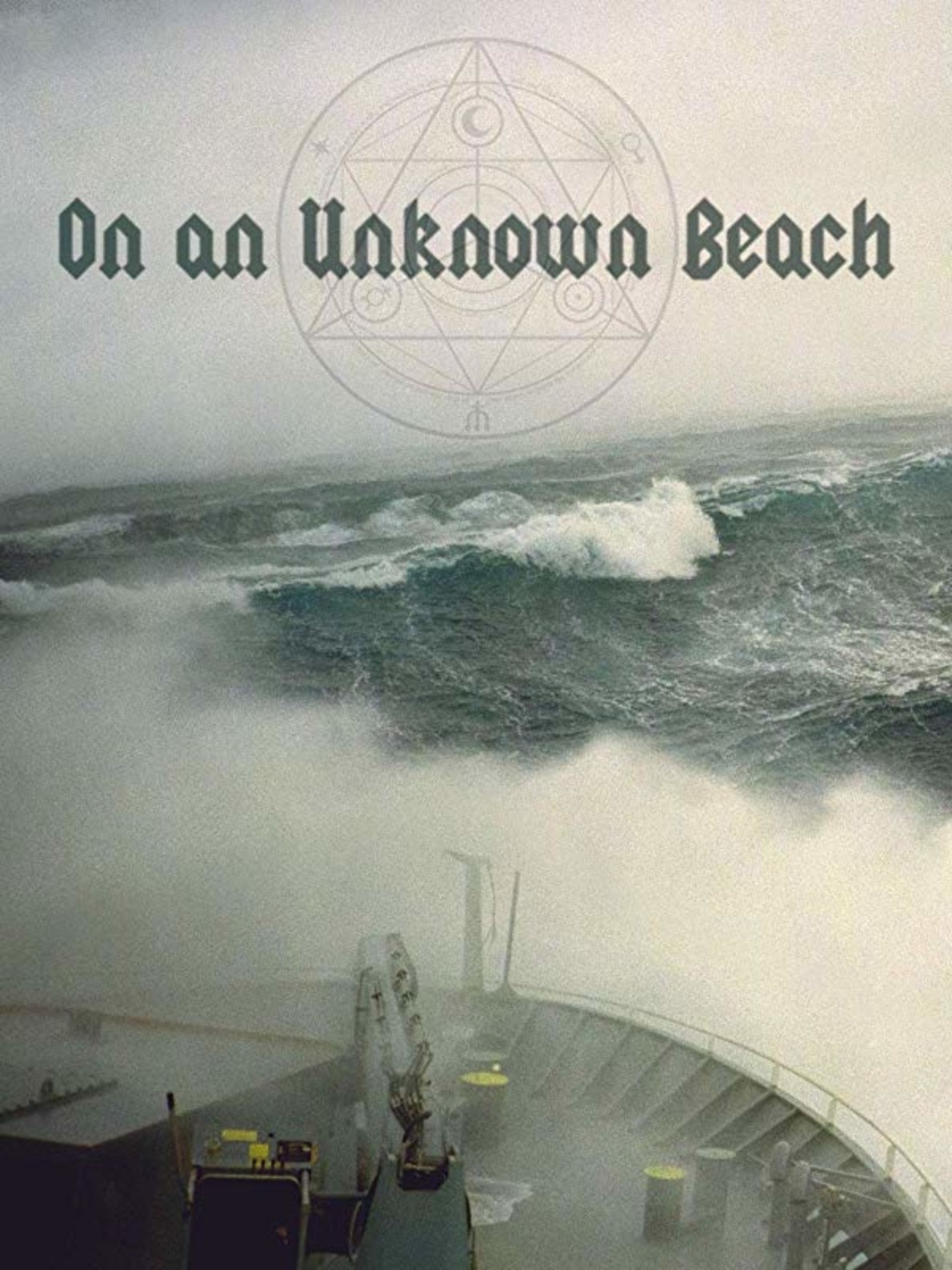
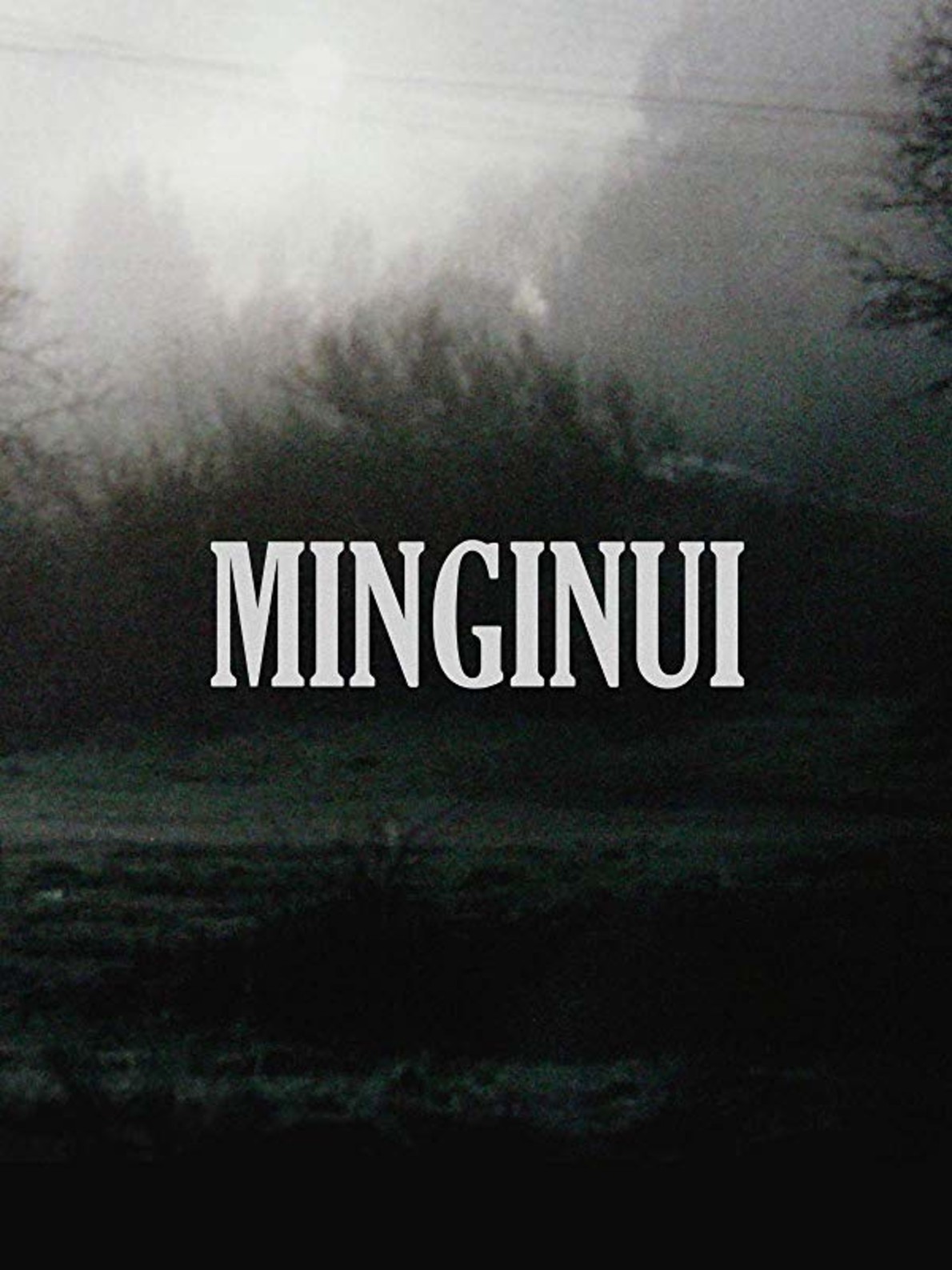
Film
Past event
Philip Carter Family Auditorium
Free
A documentary double-feature! Adam Luxton and Summer Agnew’s 2016 On an Unknown Beach, a speculative documentary of landscapes of ruin, and Minginui, their 2005 portrait of a forestry town in changing times.
This screening is presented by A Room in Time – a new series at the Gallery, curated by Martin Sagadin, that regularly brings you New Zealand film from outside of the mainstream that demands more visibility. And discussion.
These screenings are preceded by the 30-minute Luxton documentary A List of Lost Poems about Dane Mitchell's Post Hoc project at 5pm.
A question and answer session with Adam Luxton will follow the screening.
Screening times: 90 and 52 minutes.
Minginui was built in the 1940s to accommodate Forestry Department workers in the North Island’s Whirinaki Forest. In the 1980s it lost its sawmill as the logging of native forests was brought to a halt, and ownership of forestry was moved to the private sector. In 1990 the government gifted the land and buildings to Ngati Whare. Now 280 people inhabit the run-down village, living off the land and their benefit payments. When there’s social activity – a powhiri, the haka after a rugby match, or just kids clambering on and off a roof – the filmmakers frame ritual and play in the eternal overarching melancholy of mist and forest. Theirs is an eerily beautiful picture of torpor, isolation and decay – and of Maori culture enduring on the land, inhabiting the detritus of a neoliberal economy.
In On an Unknown Beach, we see three explorers who dive deep into the abyss: “Aboard the state-of-the-art research vessel Tangaroa, coral scientist Di Tracey surveys the Chatham Rise seabed to document the impact of deep ocean trawl fishing. Wandering through Christchurch’s eerie post-quake CBD, Bruce Russell, a sound artist and founding member of seminal noise band The Dead C, philosophises on urbanisation and regeneration through improvised soundscapes and his own highly evolved thought patterns. And navigating a fraught interior landscape, poet and actor David Hornblow uses Regression Hypnotherapy to traverse his past experiences with addiction.” — Tim Wong, NZIFF
